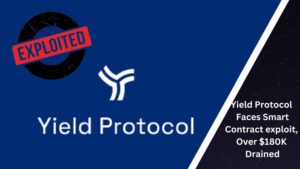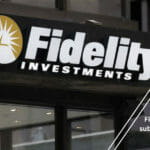Key takeaways:
- CEO Brad Garlinghouse has confirmed that Ripple has explored markets outside the U.S. for its potential IPO.
- Garlinghouse describes SEC’s regulatory framework as ‘hostile’ for having IPO plans outside U.S
In a significant announcement at the World Economic Forum in Davos, Switzerland, Ripple CEO Brad Garlinghouse disclosed that the company is considering going public through an initial public offering (IPO) but outside the United States.
The decision to explore international markets stems from the perceived “hostile” regulatory environment in the U.S., prompting Ripple to seek jurisdictions with clearer regulatory frameworks.
Garlinghouse expressed frustration with the U.S. Securities and Exchange Commission (SEC), citing challenges faced by companies attempting to navigate the regulatory landscape and go public.
He emphasized the difficulties, stating, “Trying to go public with a very hostile regulator that has to approve your S-1 — that doesn’t sound like a lot of fun to me.”
The Ripple CEO referenced Coinbase’s experience, highlighting their SEC-approved S-1 filing followed by legal actions against them. An S-1 prospectus is a form submitted to the SEC before a potential IPO, outlining a company’s business operations and financials.
Despite the decision to explore international IPO options, Garlinghouse hinted at a possible reconsideration of a U.S. listing under a more favorable regulatory environment with new leadership at the SEC. He criticized the current SEC chair, Gary Gensler, as a “political liability.”
Garlinghouse clarified that going public is not an immediate priority for Ripple. However, he shed light on the company’s recent financial moves, including a $1 billion stock buyback initiative focused on providing liquidity to early investors who have been with Ripple for over a decade.
The Ripple CEO pointed to a federal court hearing in Coinbase’s ongoing case with the SEC as indicative of Ripple’s stance to avoid further hostility.
Ripple has been engaged in a prolonged legal battle with the SEC, which alleges that XRP, Ripple’s flagship digital asset, is an unregistered security, creating uncertainty around its IPO prospects.
Expressing reservations about launching an IPO under the scrutiny of an “adversarial” regulator, even one that previously approved Ripple’s S-1 filing, Garlinghouse highlighted the tense relationship between crypto entities and U.S. regulatory authorities.
The challenges of navigating regulatory terrain continue to impact the growth and development of the crypto industry.











